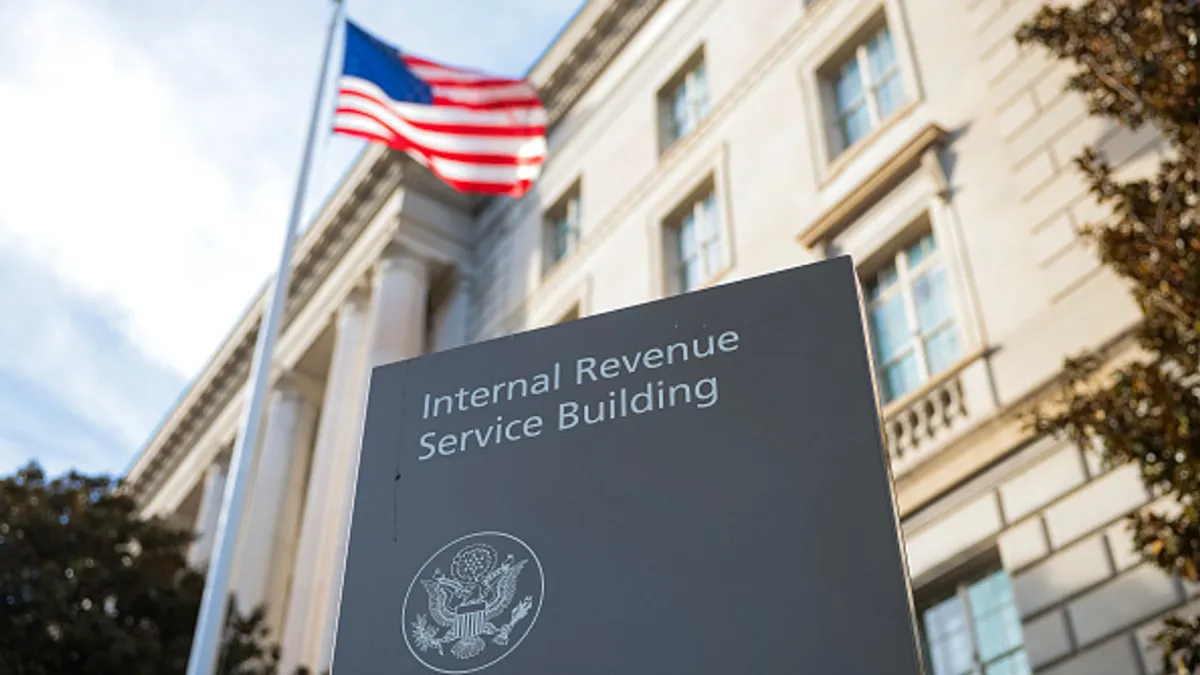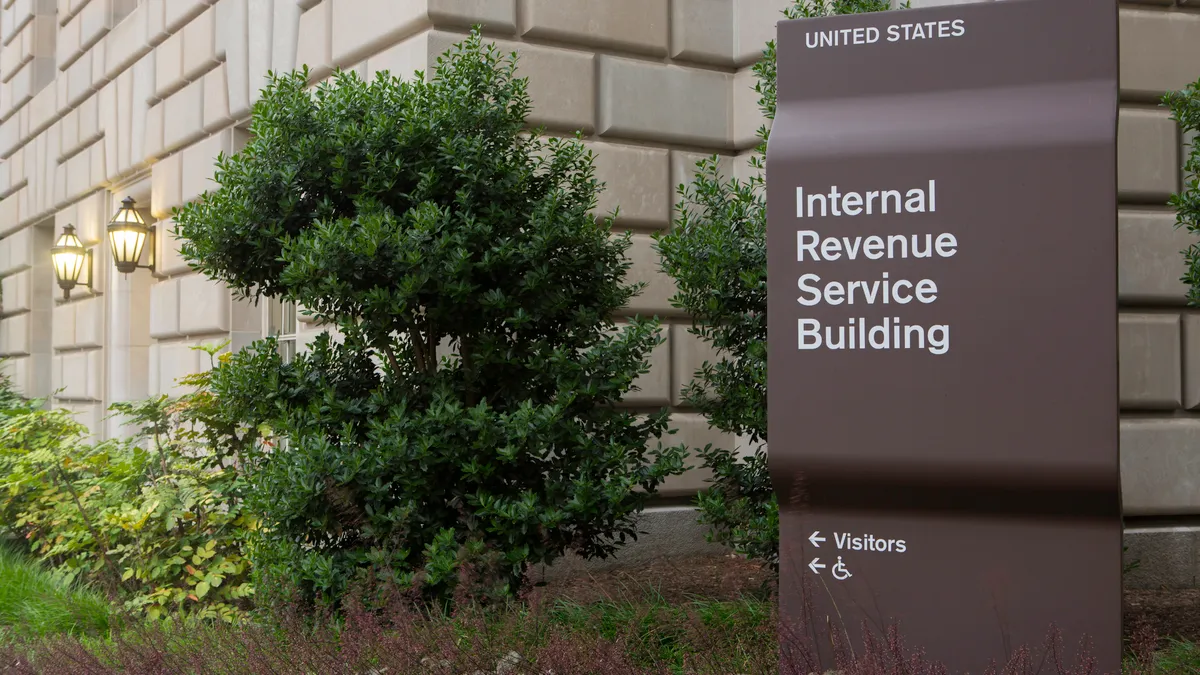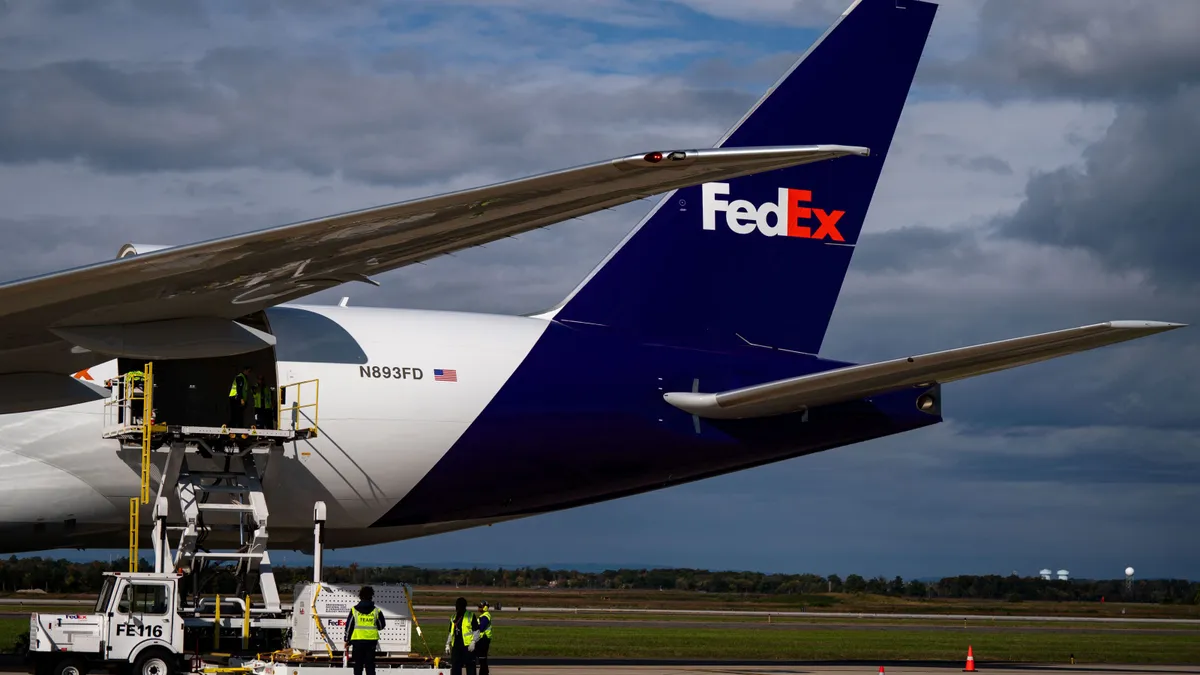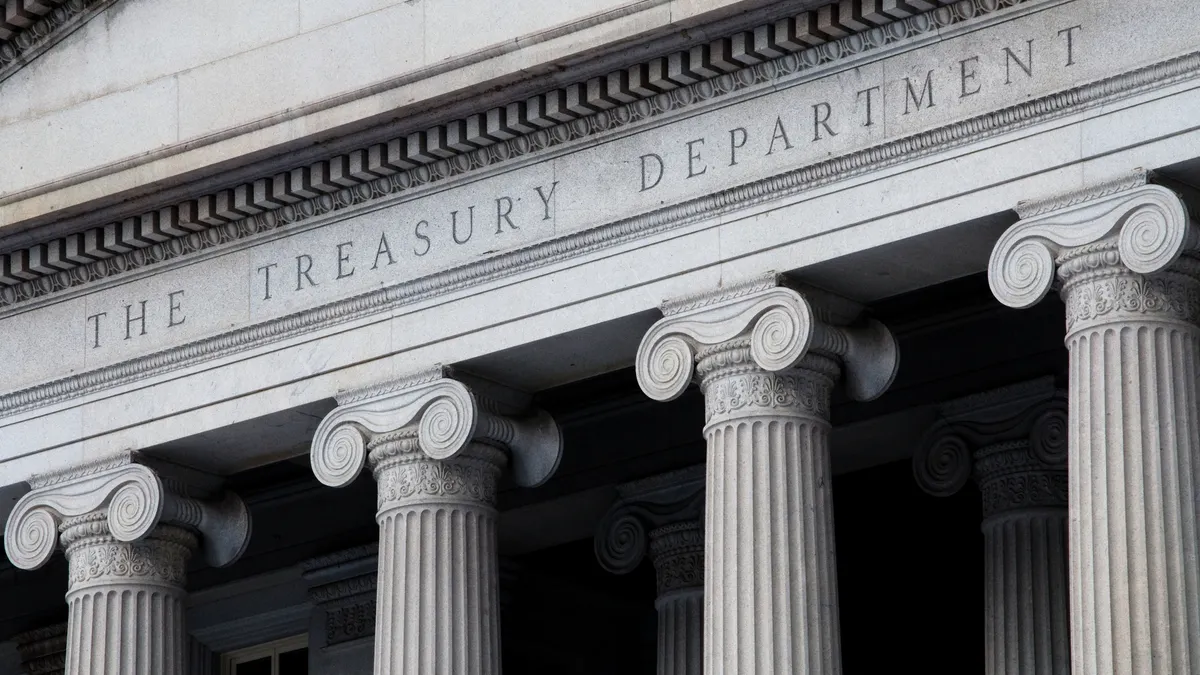The number of state legislatures across the country that have acted to provide alternative routes for obtaining a certified public accountant license is inching close to the halfway mark.
The new laws, which are aimed at tackling an accounting talent shortage, are typically either phasing out the 150 hour college credit rule that many have perceived as an onerous barrier, or keeping it and allowing two alternative paths: One requiring a master’s degree, one year of professional work experience and the passing of the CPA Exam, and a second requiring a bachelor’s degree with an accounting concentration, two years of professional work experiences and the passing of the CPA Exam.
By year’s end, California, Massachusetts, New Jersey are among those likely to put similar CPA pathways legislation on the books, bringing the total number of states with the new laws from the current 21 to 25 by year’s end, according to Robert J. Pawlewicz, assistant professor of accounting at the University of Richmond in Richmond Virginia. New York’s legislation is passed, but awaiting Gov. Kathy Hochul’s signature.
“If California and New Jersey go, we are way past the tipping point,” Pawlewicz said in an interview, noting that many of the states that have large concentrations of accountants like Virginia, Texas and Illinois are already among the 22 that have gotten on board and passed such legislation, counting New York’s.
After Ohio Gov. Mike DeWine signed its CPA pathways legislation into law in January, one by one big and small states have followed suit, chipping away at the decades-old licensure system that has largely required U.S. CPA candidates to complete 150 hours of college credit — typically a fifth year of post-secondary schooling — pass the CPA exam and obtain one year of experience.
Eyeing 2027
Coming after many industry leaders had balked at the proposed changes, the pace of the legislation’s adoption has struck some experts as surprisingly swift. “The rate of change is lightspeed so we’re finding things out and getting questions as we go,” Pawlewicz said.
After the rush of legislative action in H1, the number of states moving forward is expected to tick down in the second half of the year and pick up again in 2026, partly driven by how each state’s legislative sessions are scheduled, according to Geno Fragnito, director of government relations at the Minnesota Society of Certified Public Accountants, which was among the first professional associations to push for the changes several years ago.
“This year if I was looking at my cloudy crystal ball I would say we may pick up another two, three or four [states], and in 2026 we’ll probably see another big group come through,” Fragnito said. “By the end of 2027 we should be close to all states.”
The heavy lifting
In the interim, employers and finance executives who staff accounting teams, universities, students and regulators are all scrambling to prepare and adjust to the new CPA licensing era, as the new rules are slated to go into effect on Jan. 1, 2026 in many states. At the same time, the current patchwork of regulation poses additional challenges.
“We know this is going to be a period of disruption,” Geoffrey Brown, president of the Illinois CPA Society told CFO Dive. “I like to say the legislative part is the easy part. It’s the rule-making and socializing with everybody’s audiences, that’s really where the heavy lift comes.”
Illinois Gov. JB Pritzker signed the state’s CPA pathways legislation into law earlier this month. Although it doesn’t go into effect until 2027, Brown said he is currently fielding a lot of inbound questions about how it will work.
Looking ahead to the remainder of this year, the ICPAS will also be working on helping write the administrative rules that will guide how the new law is implemented. At the same time, ICPAS will host a series of town hall forums that will address questions about the changes, and it is reaching out to employers and campuses to share information about what it means in practice.
With regard to employers, Brown is advising companies to really make sure they understand the academic background of the people already on their accounting teams and to remain focused on their staff’s long term development.
“A very very big theme for us is, this is not going to be the panacea that automatically solves all of our workforce needs,” Brown said. “We still need to be hyper vigilant … and continue focusing on the fact that licensing is incredibly important.”
Advising changes
Universities are also grappling with the changes. Shail Pandit, associate dean of graduate programs in the accounting department at the University of Illinois Chicago, said the university is reviewing its curriculum to see it if needs any revisions, but noted that one of the most immediate challenges is determining how to advise students who now must decide which route makes more sense for them and whether, in their particular case, an extra year of professional experience or extra course work will better prepare them to take the rigorous CPA exam.
“I don’t want to say one path is better than the other but if you choose the 120-hour path, what you need is a lot of self-motivation to make sure you’re staying on track and keeping up with preparing for the exam,” Pandit said in an interview. “If you’re self-motivated that’s a great path.”
There are signs that the pathways legislation already appears to be driving education and career choices. At James Madison University in Harrisonburg, Virginia, one of the states that passed the legislation, the number of accounting majors enrolled this year is up 10%-15% from last year, according to Nicole Wright, an associate professor in JMU’s school of accounting.
While Wright sees that as a great outcome that is positive for the profession, she is also keeping an eye on the regulations and specifications that the state boards are placing on the evolving pathways to licensure. Most states that have already adopted the alternative pathway have maintained the same requirements as in the past, but there has been discussion about some states which are considering removing accounting education requirements to address the talent pipeline issue.
“To my knowledge no state has passed something that extreme yet, but I have been watching out for it,” Wright said in an email. “I believe the public expects a CPA to be a CPA regardless of what state you are licensed in... these differences between states can be important.”
Keep up with CPA licensure changes with CFO Dive’s tracker on the topic here.























